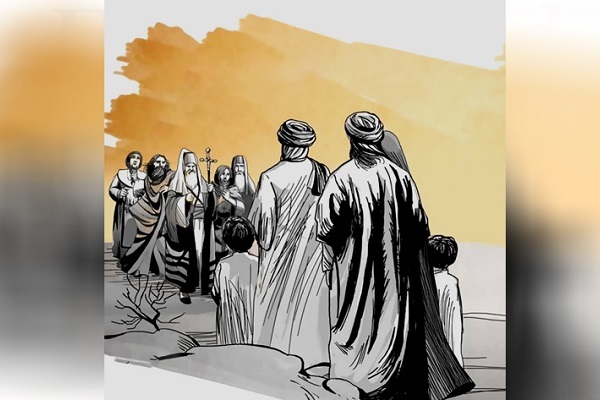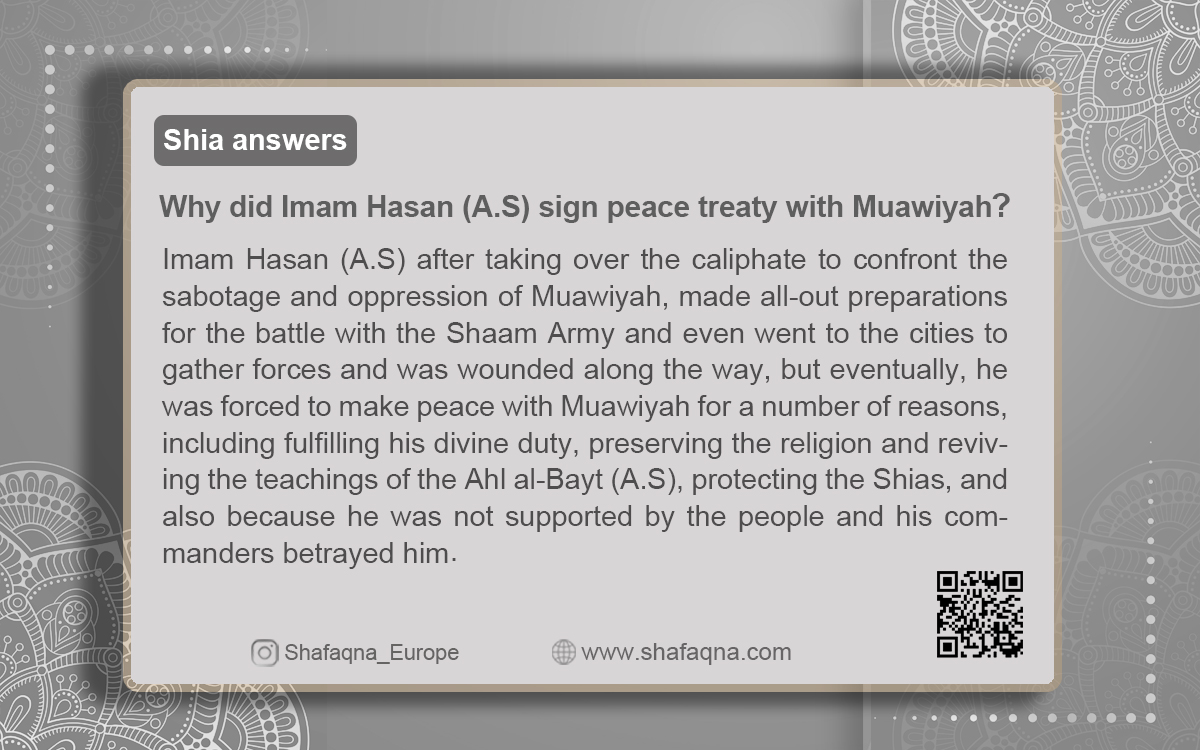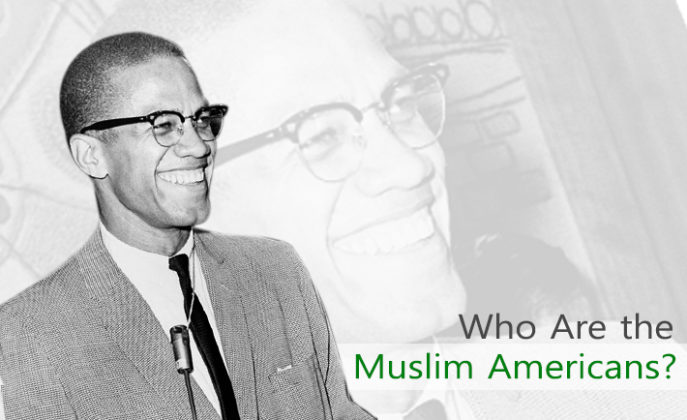According to rahyafte (the missionaries and converts website):Mubahala is a situation in which two individuals or groups invoke a divine curse upon the opposite side to prove their truthfulness.
The Event of Mubahala began when the Holy Prophet (PBUH) sent a letter to the Christians of Najran (present-day Saudi Arabia) in the month of Dhu’l-Hijja in the 10th year after Hijra to invite them to Islam.
A delegation from the Christians of Najran consisting of more than ten of their eminent members traveled to Medina, and after the two sides asserted their claims, it was agreed that the issue be settled via Mubahala.
Verse 61 of Surah Al-Imran, which is known as the verse of Mubahala, refers to the event: “Those who dispute with you concerning him after the knowledge has come to you, say: ‘Come, let us gather our sons and your sons, our womenfolk and your womenfolk, ourselves and yourselves. Then let us humbly pray, so lay the curse of Allah upon the ones who lie.’”

On the morning of the Day of Mubahala, the Holy Prophet (PBUH), along with his daughter Hazrat Zahra (SA), his son-in-law Imam Ali (AS) and his grandsons Imam Hassan (AS), and Imam Hussein (AS) left Medina.
When Abu Haritha, one of the senior members of the Christian delegation, saw the ones who were accompanying the Holy Prophet (PBUH), he said, “I swear to God that he has sat like prophets used to sit for Mubahala,” and returned. He added, “If Muhammad (PBUH) was not right, he would not dare to come for Mubahala like this, and if he (PBUH) engages in Mubahala with us, even one Christian will not remain alive before this year finishes.”
They knew that the prophet’s and his family’s prayer would be accepted, so the Bishop of Najran asked the prophet (PBUH) for forgiveness and compromise. The event ended after they renounced their claim, and some of them embraced Islam.
Significance of Ahl al-Bayt
The fact that the Holy Prophet (PBUH) decided to bring his close family to the event entails a very deep meaning and implication.
According to old traditions, usually, the most noble and beloved people were brought to Mubahala. Accordingly, Prophet Muhammad’s (PBUH) bringing of Ahl al-Bayt shows they were the dearest, the most beloved, and the most virtuous people of the Ummah in the eyes of God and His Messenger (PBUH).
According to narrations, the Holy Prophet (PBUH) told the family to say Amen after his pray. This also bears an important message. First of all, the prayers of the Holy Prophet (PBUH) are certainly fulfilled, so why does he ask his family to also pray? Meanwhile, Imam Hassan (AS) and Imam Hussein (AS) were so young at the event, and the fact that the Prophet (PBUH) believed God would answer their prayer bears significant implications.
According to Imam Reza (AS), the eighth Shia Imam, the verse of Mubahala is the “best verse” that argues about the Imamate of Ali ibn Abi Talib (AS) and the rightfulness of Ahl al-Bayt (AS).
Importance of Dialogue
Since the Christians refused to do Mubahala, the Holy Prophet (PBUH) then told them that let’s agree with our shared beliefs.
“Say: ‘People of the Book, let us come to a common word between us and you that we will worship none except Allah, that we will associate none with Him, and that none of us take others for lords besides Allah.’” (Surah Al-Imran, verse 64)
Mubahala was not a permanent option, and the Quran did not say let’s do Mubahala whenever you feel ready for it. Rather, the Quran says now, let’s talk about common grounds.
In sacred texts, both in the Old Testament and New Testament, there is room for dialogue. Human beings bring their grievances to messengers of God and seek their answers from them.
Another point is that in the Quran and sacred texts, we see that the Holy Prophet (PBUH) and other messengers of God are insulted and accused, but they do not break off the dialogue and interaction. Essentially, sacred texts have come to create communication and interaction. Their main goal is reconciliation. They have come to tell human beings about the path that they have lost.
By Arman Saadat



















